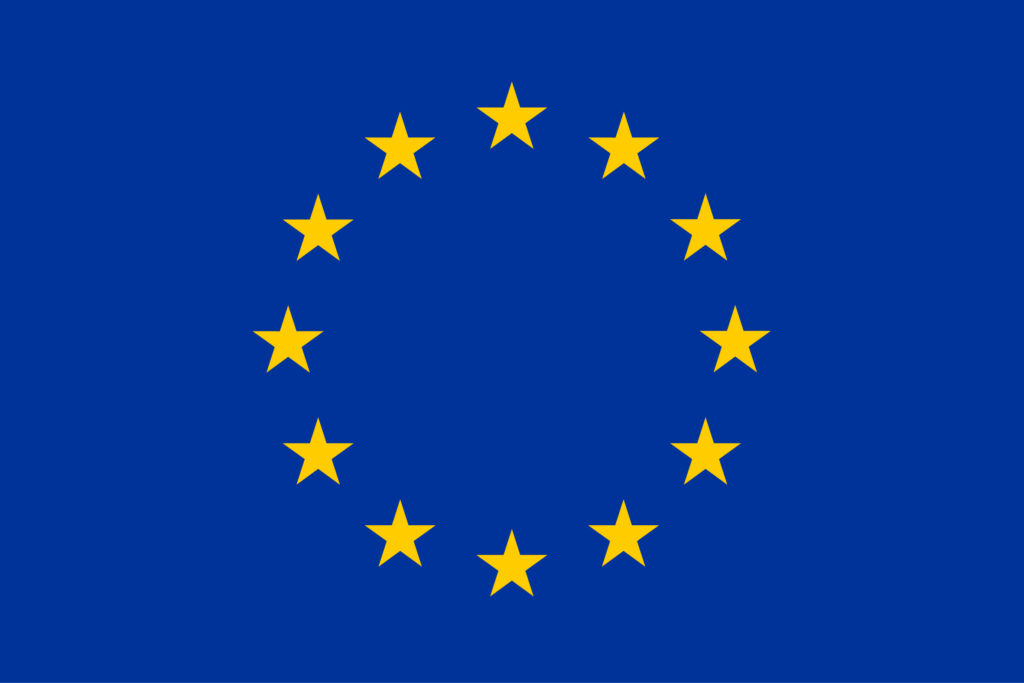For over five years, a multidisciplinary team of scientists and technology developers has collaborated to transform HarveStore (website) into a pioneering project in the fields of sustainable energy and advanced IoT.
The main goal of the project was to develop a new generation of IoT devices with minimized environmental impact with the ability to harvest and store energy from heat and light, which are freely available in the environment. Thus, these new technologies could provide uninterrupted power and would eliminate the need for traditional batteries to low power devices.
As a result of over 5 years of intensive research and development, the HarveStore project has developed a revolutionary battery technology taking advantage of the most advanced concepts in materials and energy science. This new technology not only does not rely on Li and other scarce elements, but also offers an unprecedented performance and safety at high temperatures. Additionally, these batteries, called high-temperature oxygen ion batteries, are rechargeable and can operate for thousands of cycles in harsh environments, becoming the natural choice for powering IoT devices for industrial applications.

Besides, the project has successfully achieved the proof of concept for several new energy harvesting and storage microsystems. These include a new generation thermoelectric device based on abundant oxide materials, a new Li-based storage system and a high-temperature photovoltaic cell. Moreover, these micropower sources have been integrated into real IoT devices, highlighting the significant impact of the project.
The project is led by Prof. ICREA Albert Tarancón, head of the Nanoionics and Fuel Cells Department at IREC, along with Federico Baiutti, Alex Morata and Nerea Alayo, members of the same group. The consortium of the project is formed by IREC, DTU, imec, CNM-IMB-CSIC, TU Wien, Imperial College London, CNRS, Coventry University, Worldsensing S.L., HORIBA France, AE Innova, and University of Thessaly.
This project has received funding from the European Union’s Horizon 2020 research and innovation programme under grant agreement No 824072.






